Top Class Actions’s website and social media posts use affiliate links. If you make a purchase using such links, we may receive a commission, but it will not result in any additional charges to you. Please review our Affiliate Link Disclosure for more information.
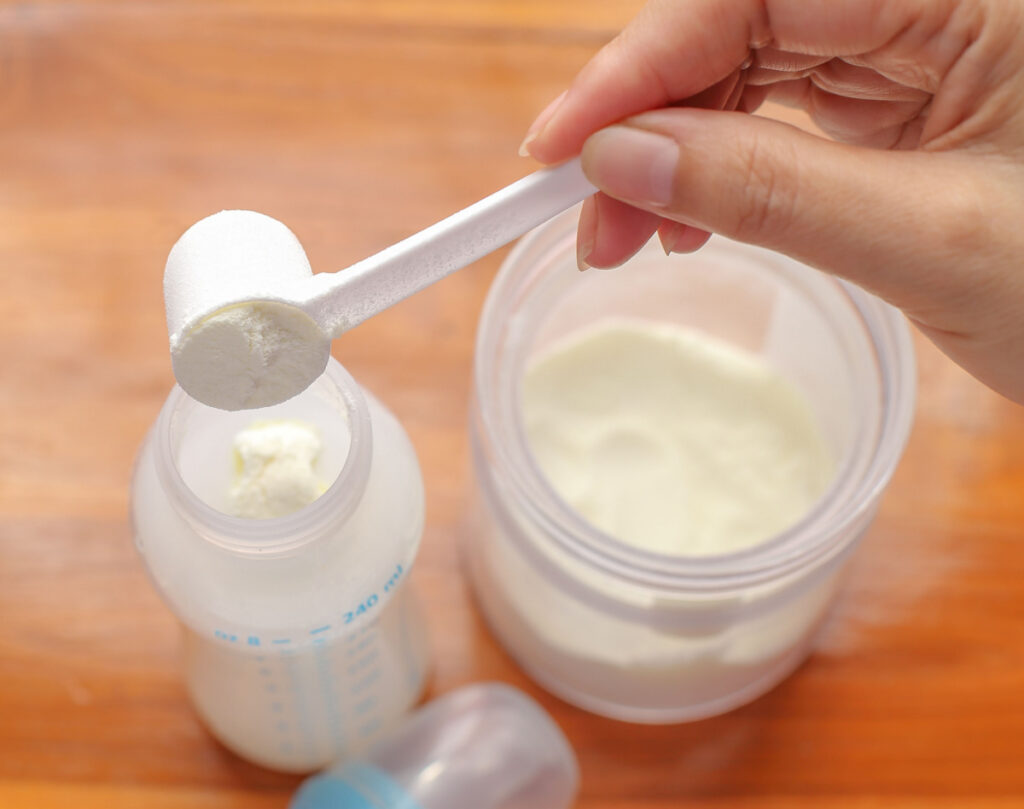
Baby formula contamination recalls, investigation overview:
- Who: Possible baby formula contaminations of Cronobacter and Salmonella have led to multiple infant formula recalls, along with a federal investigation into Abbott Laboratories.
- Why: Abbott was at the center of a nationwide baby formula shortage last year after the company initiated recalls for multiple of its baby formula products and was forced to temporarily shutter its manufacturing plant in Sturgis, Michigan.
- Where: The baby formula shortage and contamination concerns affected consumers nationwide.
The U.S. Food and Drug Administration (FDA) cited a rash of Cronobacter illnesses among infants in late 2021 and 2022 while issuing a call to action to baby formula manufacturers, distributors, exporters, importers and retailers earlier this month.
In the FDA’s call to action, the agency provided baby formula companies with a number of steps that could be taken to help prevent future outbreaks of Cronobacter and other “biological hazards,” such as Salmonella and Clostridium botulinum.
The Cronobacter illnesses ultimately helped cause a nationwide shortage of baby formula, after Abbott Laboratories was forced to temporarily shut down its baby formula manufacturing plant in Sturgis, Michigan, that was connected to the outbreak.
Abbott, meanwhile, filed a document with the U.S. Securities and Exchange Commission last month revealing that the company is now facing a criminal investigation into its infant formula manufacturing by the U.S. Attorney’s Office for the Western District of Michigan.
The company also disclosed it received a civil investigative demand from the Federal Trade Commission (FTC) for information about an investigation being conducted into companies making bids for Women, Infants and Children baby formula contracts.
Further, Abbott said it received a subpoena from the U.S. Securities and Exchange Commission (SEC) in December for any information about its powder infant formula business and related public disclosures.
Abbott recalled several infant formula products last year over Cronobacter, Salmonella contamination concerns
In addition to temporarily closing its manufacturing plant in Sturgis, Abbott also recalled several of its infant formula products due to concerns they were linked to both Cronobacter and Salmonella infections.
Abbott recalled three brands of its infant formulas in total in February 2022, including multiple Similac liquid and powder formula products, Alimentum and EleCare powder formula products and Pedialyte Electrolyte Solution.
All of the recalled infant formulas were manufactured at Abbott’s manufacturing plant in Sturgis, and the company would eventually expand the recall in October 2022 to include some of its ready-to-feed liquid baby formula products.
Abbott continues to maintain that none of the products it distributed tested positive for either Cronobacter or Salmonella, despite the company’s Sturgis plant reportedly testing positive for Cronobacter sakazakii in non-product-contact areas.
Reckitt recalls 145,000 cans of ProSobee infant formula over concerns it was cross-contaminated with Cronobacter sakazakii
Reckitt brought Cronobacter back into the spotlight last month after the company initiated a recall for two batches of its ProSobee brand 12.9-ounce Simply Plant Based Infant Formula over concerns it may have been cross-contaminated with Cronobacter sakazakii.
The consumer goods company recalled around 145,000 cans of the baby formula — which had been distributed in retail stores in the U.S., Guam and Puerto Rico — out of what Reckitt said was “an abundance of caution.”
“We are committed to the highest level of quality and safety and it is for this reason that we have taken this extraordinary measure,” Reckitt said in its recall.
Reckitt reassured consumers the recalled batches of the infant formula had tested negative for Cronobacter sakazakii, and that it had identified material from a third party as the root cause of the cross-contamination concerns.
“We have taken all appropriate corrective actions, including no longer sourcing this material from the supplier,” Reckitt said.
Did your child develop an injury or illness after you purchased an Abbott infant formula product that was later recalled? You could qualify to join a free class action lawsuit investigation.
Don’t Miss Out!
Check out our list of Class Action Lawsuits and Class Action Settlements you may qualify to join!
Read About More Class Action Lawsuits & Class Action Settlements:
- FDA instructs baby formula companies to inform it of bacteria discoveries
- ProSobee Simply Plant Based Infant Formula recalled due to possible bacterial contamination
- Abbott baby formula recall lawsuit investigation
- ProSobee Simply Plant Based Infant Formula recalled due to possible bacterial contamination



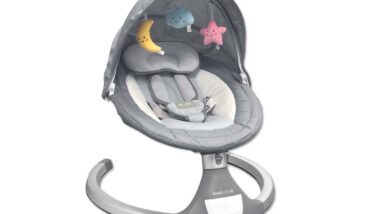
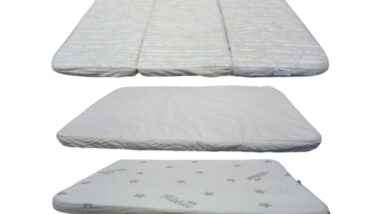

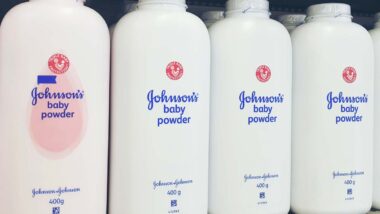
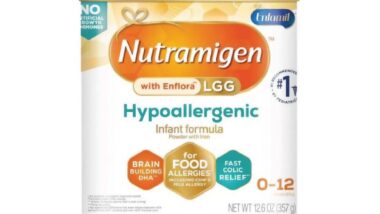
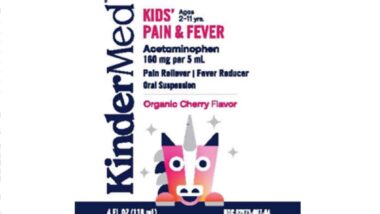
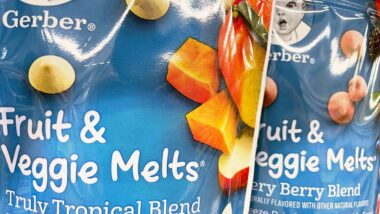
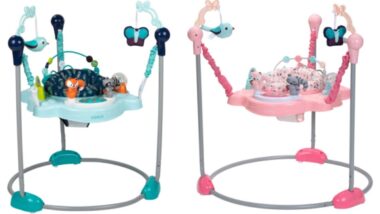

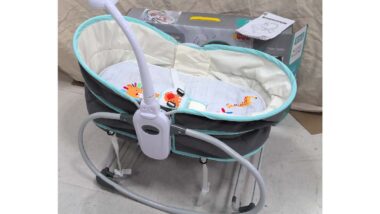
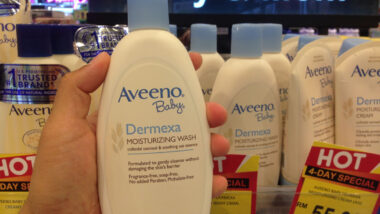
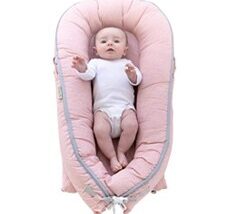
24 thoughts onPossible baby formula contamination leads to recalled products, federal investigation
Add me
Please submit my name
Please add me